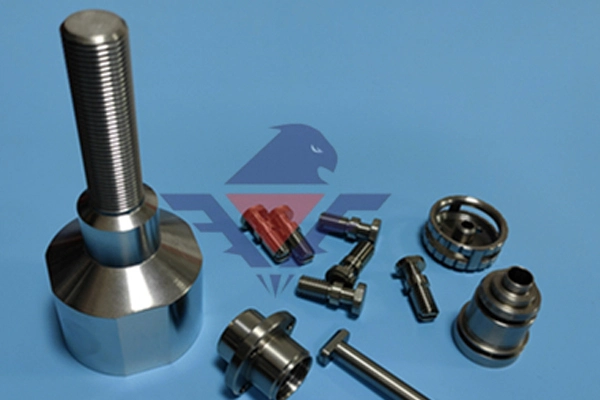Precision Swiss Machining for Complex Components

# Precision Swiss Machining for Complex Components
## The Art of Swiss Machining
Swiss machining, also known as Swiss screw machining or Swiss turning, represents the pinnacle of precision manufacturing for small, complex components. Originating from Switzerland’s watchmaking industry, this advanced machining technique has evolved to serve critical applications across aerospace, medical, and electronics industries.
## Why Choose Swiss Machining?
The Swiss machining process offers several distinct advantages:
– Exceptional precision with tolerances as tight as ±0.0001 inches
– Ability to machine complex geometries in a single setup
– Superior surface finishes
– Reduced material waste
– High repeatability for large production runs
## Key Features of Swiss Machining Technology
Modern Swiss machining centers incorporate several innovative features that set them apart from conventional CNC lathes:
### Guide Bushing System
The hallmark of Swiss machining is the guide bushing system that supports the workpiece close to the cutting tool. This unique configuration minimizes deflection, allowing for precise machining of long, slender parts that would otherwise be challenging to produce.
### Multi-Axis Capabilities
Keyword: Swiss Machining
Contemporary Swiss machines often feature:
– 5-axis or more simultaneous machining
– Live tooling for milling operations
– Secondary spindles for complete part processing
– Automatic bar feeders for continuous operation
## Applications Across Industries
Swiss machining excels in producing components for demanding applications:
### Medical Devices
From surgical instruments to implantable components, Swiss machining delivers the micron-level precision required by medical applications. The process is particularly valuable for manufacturing:
– Bone screws
– Dental implants
– Micro-surgical tools
– Drug delivery components
### Aerospace Components
The aerospace industry relies on Swiss machining for critical flight components that demand both precision and reliability:
– Fuel system parts
– Sensor housings
– Actuator components
– Fasteners and fittings
## Material Versatility
Swiss machining handles an impressive range of materials with equal precision:
Material Type | Common Applications
Stainless Steel | Medical implants, aerospace fittings
Titanium | Aerospace components, surgical tools
Plastics | Insulators, medical device components
Exotic Alloys | High-temperature applications
## The Future of Swiss Machining
As industries demand ever-smaller and more complex components, Swiss machining continues to evolve with:
– Advanced automation integration
– Improved tooling materials
– Enhanced software controls
– Smart machine monitoring systems
For manufacturers requiring the highest levels of precision in complex, small-diameter components, Swiss machining remains the gold standard, combining Swiss watchmaking heritage with cutting-edge CNC technology.